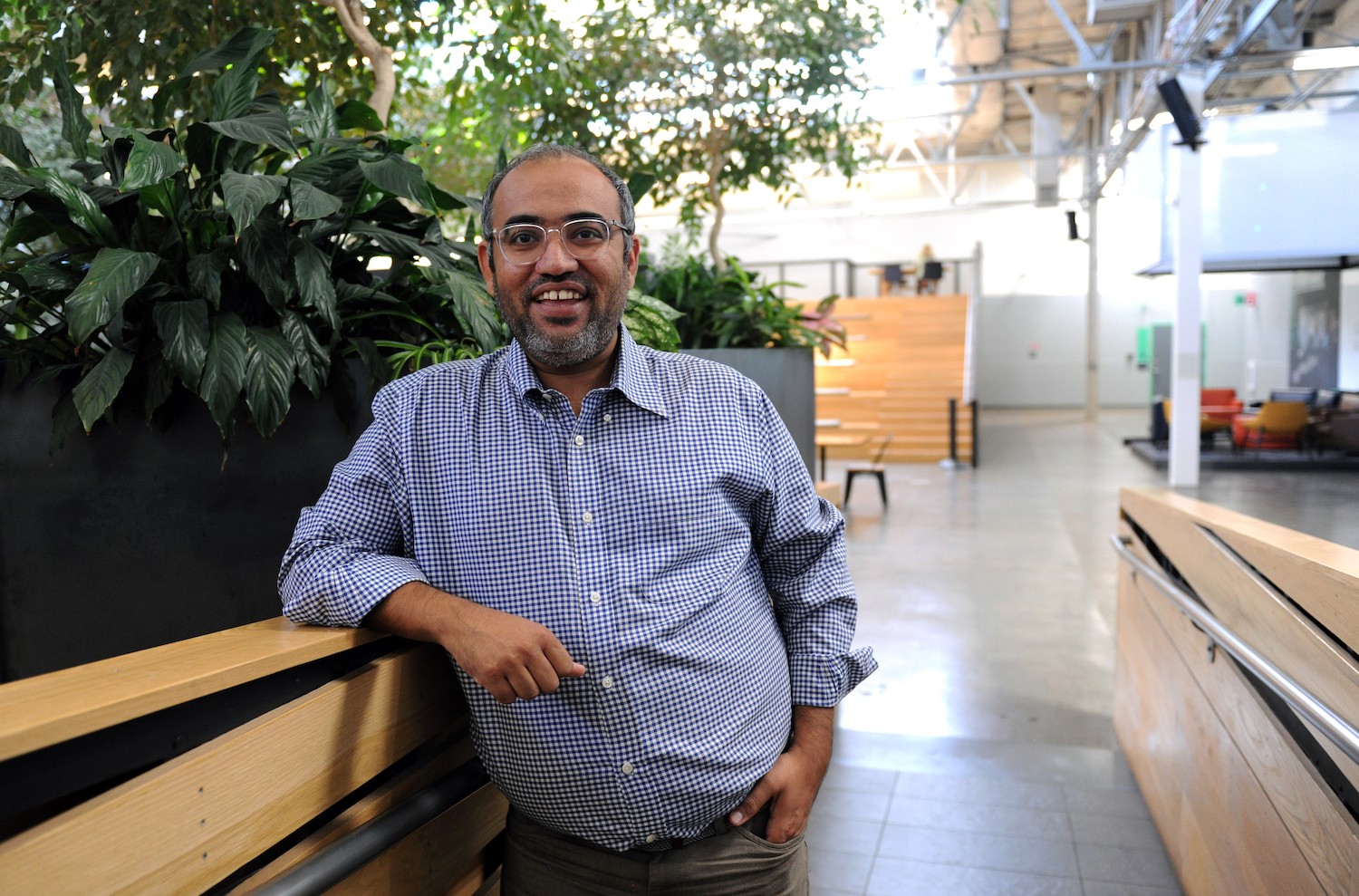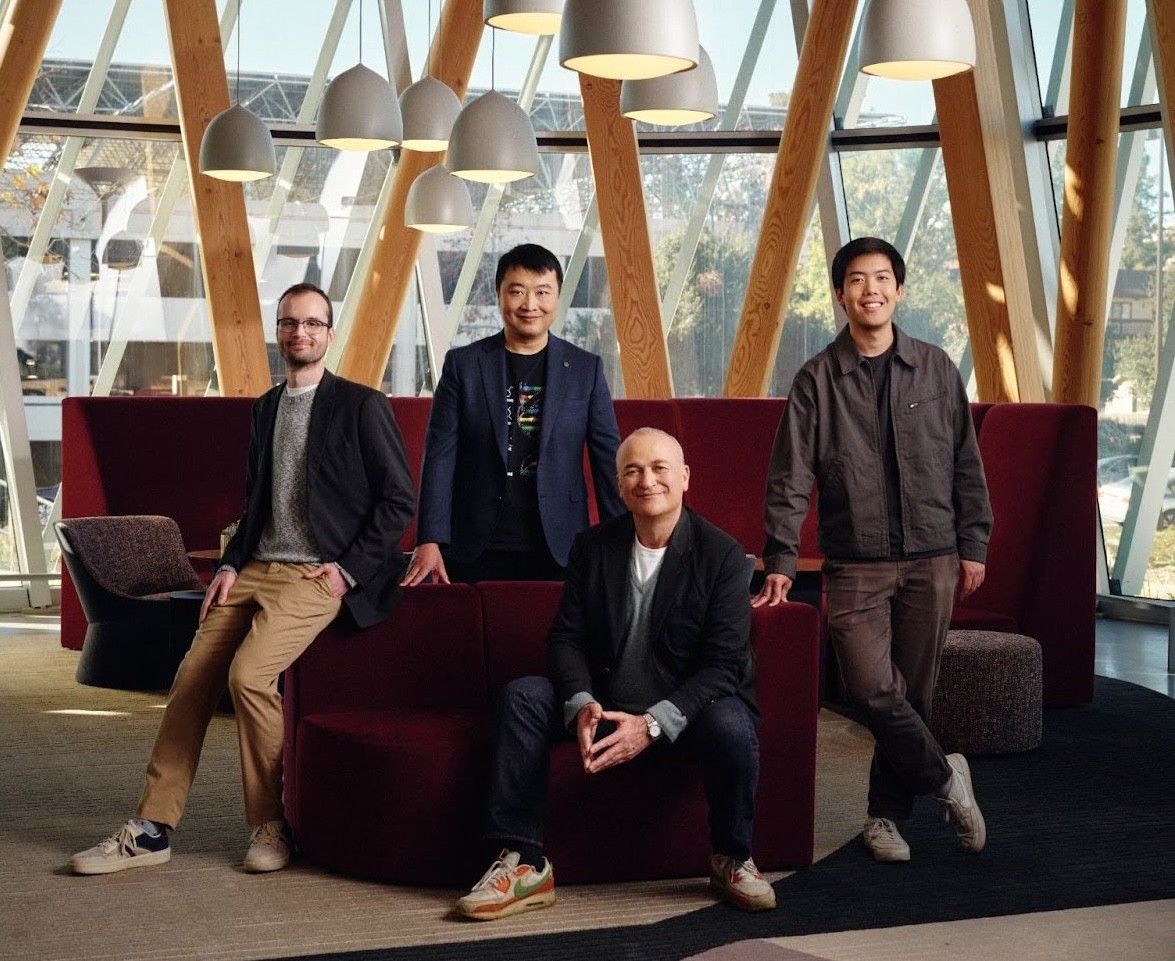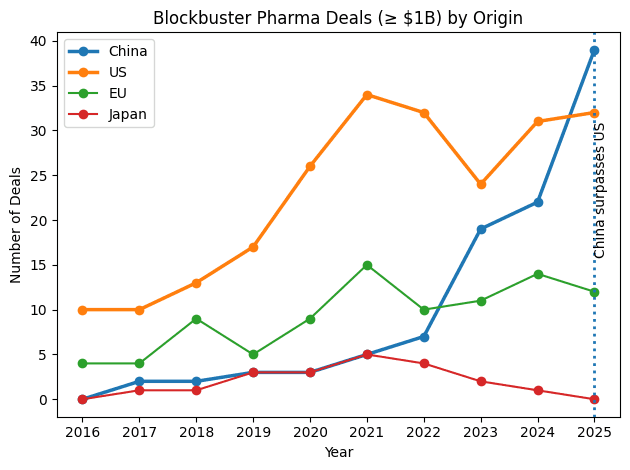As China comes to terms with the U.S. over tariffs and the Yuan falls to 11-year lows, there’s one strategic area where China and other countries are making smart policies and strategic investments in the future bioeconomy that should make US leaders think twice: synthetic biology.If you're new to my column, synthetic biology is a booming industry that's taking on everything from high-performance apparel to revolutionizing agriculture to storing all the world’s data in a teaspoon of DNA. Just last week, the philanthropic organization of Asia's most famous entrepreneur, the Hong Kong plastics and real estate mogul Li Ka Shing, announced a donation of HK$500 million (USD$63 million) to launch a major institute for synthetic biology research at the Hong Kong University of Science and Technology (HKUST). The new institute is seeking to recruit top global talent to conduct research in synthetic biology — combining the materials and processes of biological systems with the design/test/build ethos of engineering. Although there are U.S. synthetic biology centers at MIT, Berkeley, Northwestern University, and elsewhere, this gift from the Li Ka Shing Foundation represents the largest-to-date donation for synthetic biology research and shows just how important a role China thinks biology will play in the future global economy.The institute will be housed in a new academic and research building with advanced facilities, and its planners are clearly betting that synthetic biology will continue its rise as a major force for economic development and as a source of innovative and often surprising solutions—think of those Impossible Burgers at Burger King and of performance clothing made of precise blends of exotic spider silks—to major global challenges in diverse areas including energy, medicine, fashion, and agriculture, among many others.News of the institute will likely be received enthusiastically by some of Hong Kong's academics in what must feel like a rather uncertain climate for long-term scientific research. The goal of the new institute is not just to foster new companies and entrepreneurship, but also make Hong Kong a global hub of synthetic biology, and at least two factors make this seem like more than hot air. First, although Hong Kong has historically spent relatively little on basic research as a percentage of GDP, some of its universities and hospitals conduct world-class basic biomedical and clinical research. Professor Zhongjun Zhou's lab at Hong Kong University is a good example, and the university as a whole has a strong medical focus. Taken together with the bio-medicine focus of the Li Ka Shing Foundation, it is probably safe to assume that priority research and talent recruitment areas of the new synthetic biology institute will be focused on human health. And there are already active synthetic biology research programs in Hong Kong to build from, including Professor King-Lau Chow at HKUST.The second factor behind the potential success of Li Ka Shing's project is considerably more fascinating: Hong Kong's location in the Pearl River Delta. Hong Kong is a mere drone flight away from Shenzhen, the Blade-Runner-esque futurescape of a city that has been called the semi-permeable membrane into the China bubble.(There has already been one world-famous synthetic biology exchange between these two cities: last November, Dr. Jiankui He traveled from his lab at Southern University of Science and Technology in Shenzhen to the Second International Summit on Human Genome Editing at Hong Kong University and proudly announced to a shocked audience of global scientific experts that 1) he had crossed a bioethical Rubicon by using the new gene-editing technology CRISPR to edit the DNA of human embryos, and 2) two of these genome-edited embryos became two baby girls, LuLu and NaNa, who were born the previous month in Shenzhen.)The Chinese government has already made substantial synthetic biology investments in Shenzhen that have led to centers of excellence, including the Institute of Synthetic Biology at the Shenzhen Institute of Advanced Sciences (SIAT) and the Beijing Genomics Institute (BGI) -- an early powerful in genomics research that had its IPO as BGI Genomics in 2017. Both of these centers are based in Shenzhen and have attracted two of the highest-profile synthetic biologists in the world to collaborate with them (Harvard's George Church has an eponymous center at the academic wing of BGI, and UC Berkeley's Jay Keasling has a presence at SIAT).It is also notable that many of the well-recognized challenges faced by China -- environment, food, water, waste management, and rapid innovation to retain its global manufacturing competitiveness -- are repeatedly highlighted as areas where synthetic biology can have impacts. In other words, synthetic biology is not just an academic pursuit: it’s being used to address China’s strategic national interests.The new Li Ka Shing funded Institute at HKUST is just one example of how the Pearl River Delta could become a major global nexus not just for synthetic biology, but for the global bioeconomy to come.Disclaimer: I am the founder of SynBioBeta, the innovation network for the synthetic biology industry. Some of the companies that I write about are sponsors of the SynBioBeta conference (click here for a full list of sponsors).Originally published on Forbes https://www.forbes.com/sites/johncumbers/2019/08/26/trade-deal-or-no-china-is-investing-big-in-synthetic-biology/



















